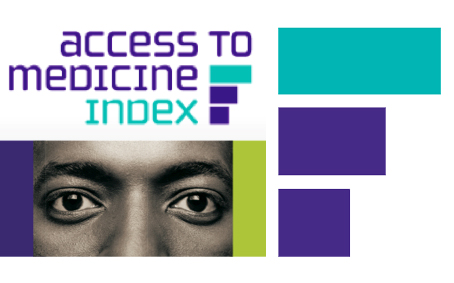Patients Centricity Canada
Optimize the Patient Experience: Collaborate with Key stakeholders to deliver value at every stage of the patient journey.
GlaxoSmithKline Achieves Highest Rank in the Access to Medicine Index
The bi-annual AMI index highlights pharma's continuing improvement in making much needed medication accessible in developing countries.

GlaxoSmithKline has for the third time taken the top spot in the Access to Medicines Index, which ranks pharma companies on their efforts to make life-saving medicines available to those in developing countries. Other companies who scored highly were Johnson & Johnson in second place, and Sanofi in third. The Index was first published in 2008 by the international not-for-profit Access to Medicines Foundation (AMF), as a way of rewarding those companies who made progress in providing access instead of simply “naming and shaming” those who didn’t.
Overall, the 2012 Index showed that 17 out of the 20 companies listed are doing better than they were in 2010 (the survey is published every two years), with results showing that less of a gap between those at the top of the list and those at the bottom.
GSK led the others in four areas: “general access to medicine management; research and development activity; capability advancement and drug donation and philanthropy”, although it lost points by not being fully transparent about its product registration processes. Particularly praiseworthy GSK initiatives included the reinvestment of developing market profits into capacity-building and philanthropic projects in Least Developed Countries (LDCs), significant price reduction of most patented products in LDCs to no more than 25% of the UK level, and its pro-access approach to patents and licensing. Johnson and Johnson, rising from 9thplace in 2010 to 2ndplace in 2012, was commended for its research and development pipeline which included neglected tropical diseases and communicable diseases.
While this year’s Index showed that the industry was making progress, one area the AMF singled out as needing improvement was the overseeing of CROs in developing countries. Only four companies on the Index currently provide evidence of using disciplinary measures to enforce codes of conduct for CROs, and in general companies do not make information on contractors publicly available. The AMF warned that “without adequate due diligence in selecting contractors, monitoring of their conduct, or enforced disciplinary action, patients are left vulnerable to clinical malpractice with little recourse to justice”. Another way companies can improve is by being more transparent in their use of tiered pricing schemes; at the moment “not all companies disclose the extent of their price reductions” and even among those who do “there is little commonality in the way that pricing tiers are constructed”.
GlaxoSmithKline welcomed the publication of the Index, CEO Sir Andrew Witty commenting that “enabling greater access to medicines is firmly at the heart of our business. We are determined to do all we can to use our resources, knowledge and expertise to help improve people’s health and well-being no matter where in the world they live”. Witty was last week elected as an Honorary Fellow of the Academy of Medical Sciences in recognition of his role in providing greater access to medicines for the developing world.
Patients Centricity Canada
Optimize the Patient Experience: Collaborate with Key stakeholders to deliver value at every stage of the patient journey.
